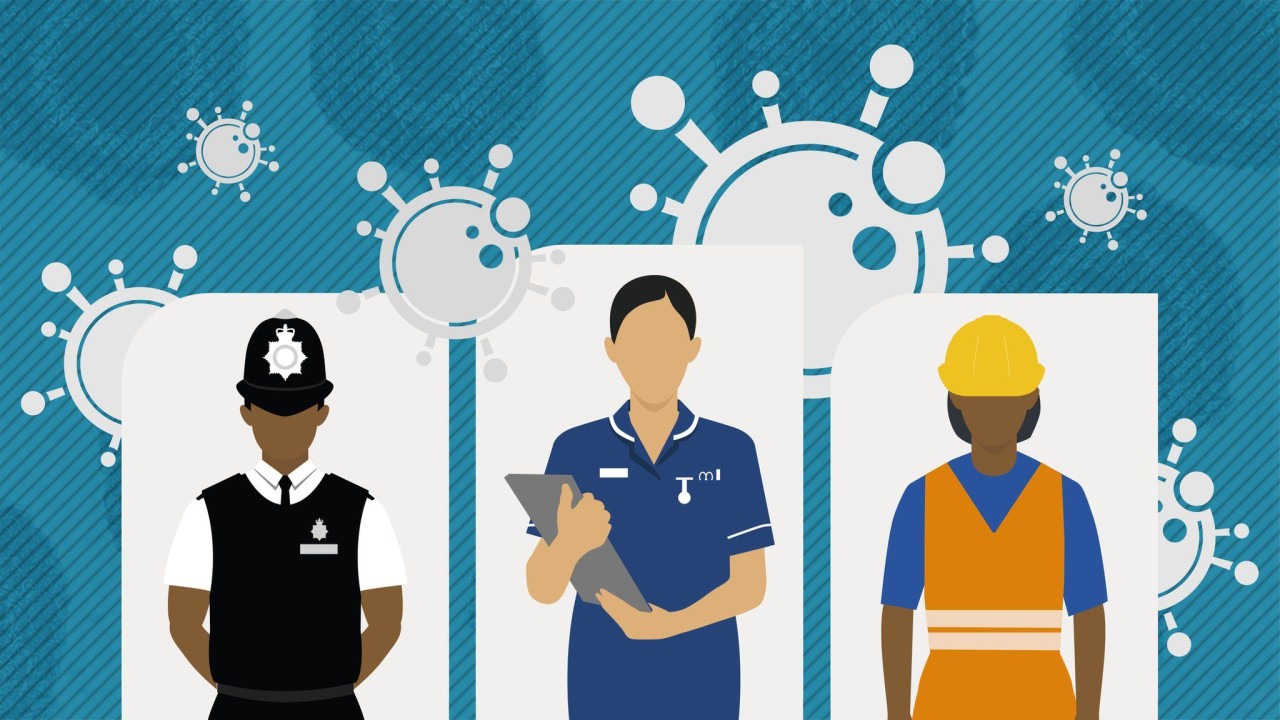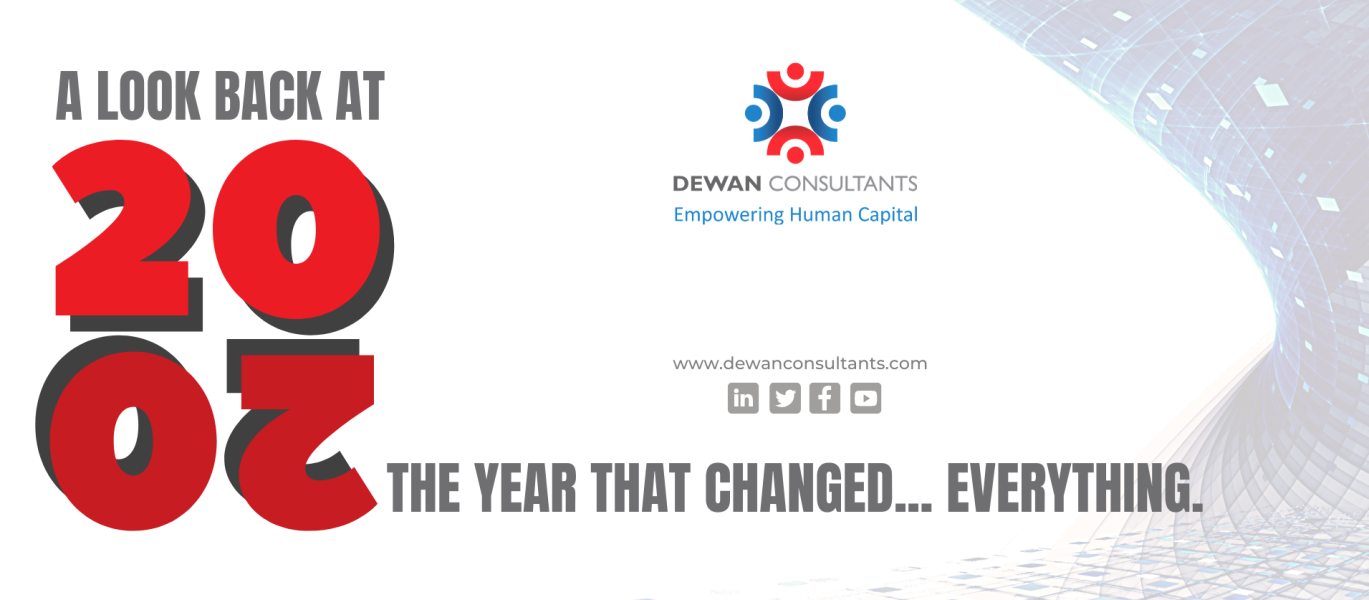 February 15, 2021
February 15, 2021

With social distancing protocols and redefined workplace policies being strictly laid down by governments unanimously across the globe, the novel CoronaVirus is changing the landscape of recruitment and how we work. The need to quickly adapt or go extinct is, in a way, allowing organizations to make significant social experiments of work-from-home, thinking out of the box and upping the E-Commerce game.
But the impact on work is far more profound than just changing where people work; it is also fundamentally altering what work is being done and how we are adapting to accomplish goals, amidst the backdrop of a changing landscape in the times of COVID-19.
Many workers are doing tasks they could never have imagined a few weeks ago — sometimes in ways, they wouldn’t have thought of. Employees in apparel companies like Brooks Brothers and New Balance are now producing surgical masks and gowns, while Tesla, Ford and General Motors have retooled their factories to produce ventilators from car parts.
With jobs at the heart of how work gets done, leaders have an unprecedented opportunity to reimagine them by rearranging work and having employees take on different responsibilities to better respond to the evolving needs of their organizations, customers, and employees. We propose three ways to shift work, talent, and skills to where and when they are needed most, thereby building the organizational resilience and agility necessary to navigate uncertain times and rebound with strength as and when the economy recovers.
Make work portable across the organization
Given the current situation with Covid-19, it’s more important than ever to move people to the most mission-critical work as fast and as efficiently as possible. By breaking out of rigid job constraints, the right talent and work can be matched to solve evolving business challenges in real-time. Networks of teams empowered to operate outside of the existing organizational hierarchy are a critical capability to reacting quickly in times of a crisis.
Many organizations, such as Allianz Global Investors and Cisco have already set up internal project market-places, which enable people, who suddenly find themselves bereft of their routine job tasks, to quickly and easily find different work using their core or adjacent skills where their contributions make a difference. Deconstructing jobs into component tasks also makes it easier to see which tasks can be performed by workers working remotely or in other geographic locations.
Accelerate automation
For certain types of work, automation can increase reliability, improve safety and well being, and handle sudden spikes in demand. In fact, automation isn’t a job-killer in today’s economic environment, it is becoming a mandatory capability to deal with the crisis.
Many utility companies have expanded their use of automation software in recent weeks to allow workers to operate, monitor, and control systems remotely, thereby reducing the risk of human exposure to the virus and enabling utilities to run smoothly without service disruptions.
Share employees in cross-industry talent exchanges
As leaders, we must all ask ourselves: How can we tap into the broader ecosystem of talent to build the resilience of both organizations and people during these challenging times?
One innovative response is to develop a cross-industry talent exchange, temporarily moving employees without work due to the crisis (e.g., airlines, hospitality) to those organizations that have an excess of work (e.g., health, logistics, some retail stores). This avoids the frictional and reputational costs associated with letting people go while supporting workers in developing new skills and networks. For example, Etihad Airways has moved a bulk of its employees to work at GAL for an initial period of six months.
In these arrangements, the companies receiving employees define which skills they’re looking for. They then work with the companies sharing their employees to define the length of the exchange as well as the implications for pay, benefits, and insurance.
Although Covid-19 pandemic is a difficult time, it can also be a time of unprecedented creativity. Reimagining jobs around the constraints of today’s challenging business environment may accelerate the future of work and open up new and innovative ways in how, where, and by whom work gets done. Ultimately, this can help us build greater resilience and efficiency in our organizations, and help people live healthier, more sustainable lives.
About Dewan Consultants
At Dewan Consultants, our unique blend of understating needs, talent acquisition and management and commercial understanding of your needs offers a complete people-management and hiring service consultancy. We provide flexibility and access to top-calibre professional HR Advice.
Over the years, we have been recruiting the best talent from across the globe from countries including India, Pakistan, Nepal, Burma, Bangladesh, Sri Lanka, Philippines, Indonesia, Vietnam, Thailand, Jordan, Lebanon, Egypt, Tunisia, Morocco, Ukraine, Kenya, Uganda, South Africa, Lithuania, Romania and the United Kingdom to name a few.
For end-to-end recruitment, we have perfected the art of getting the right fit to the destination country seamlessly.
Presently, we are one of the world’s foremost Human Resource providers. With our in-depth knowledge, insight and expertise in human resources, we are on the path to becoming a name to reckon with.










